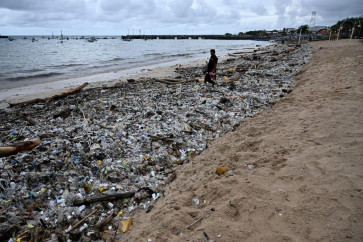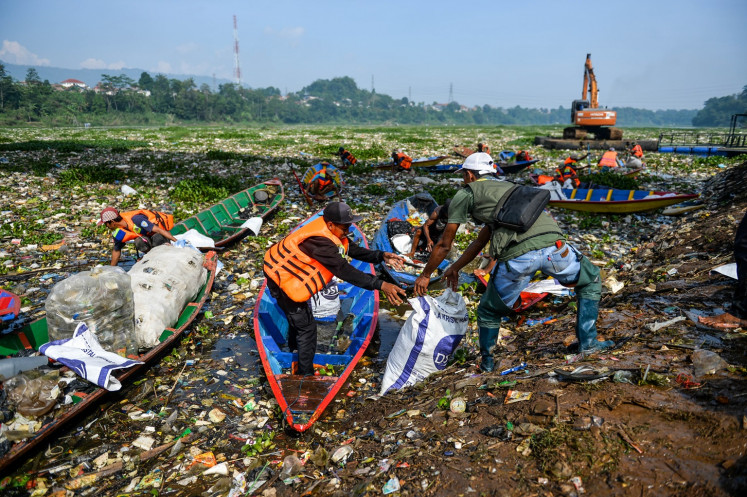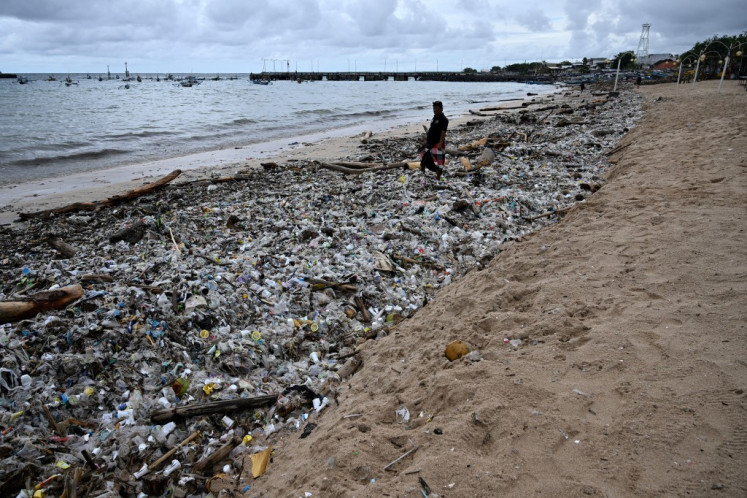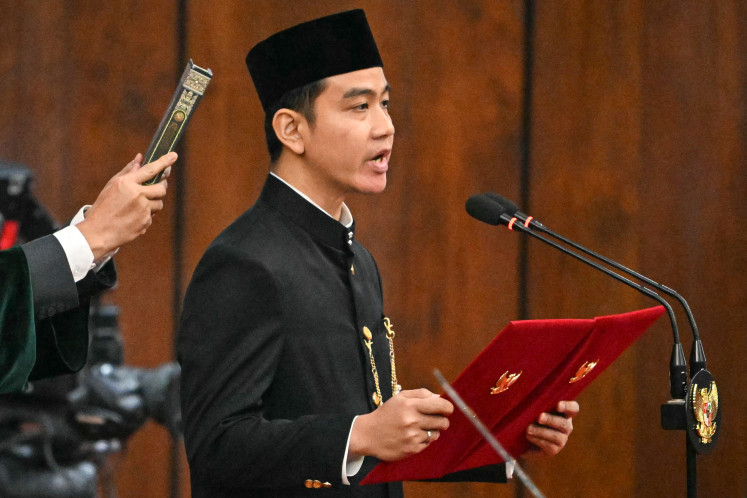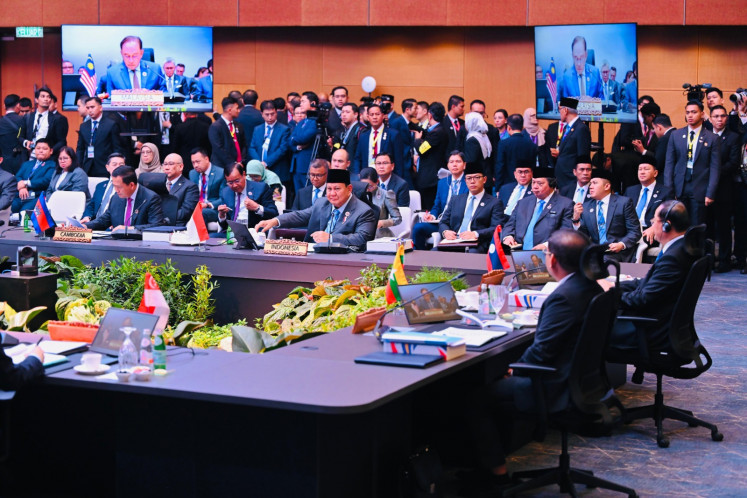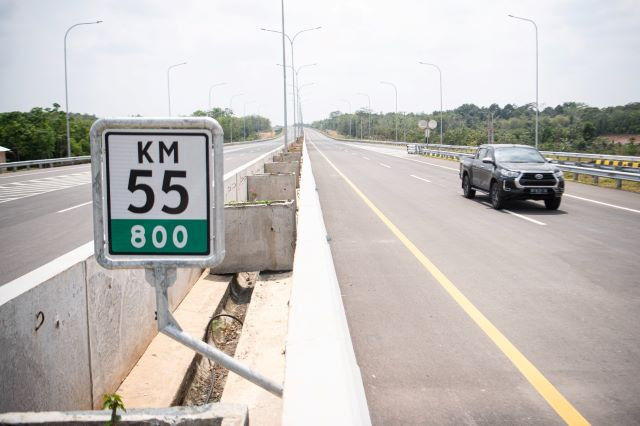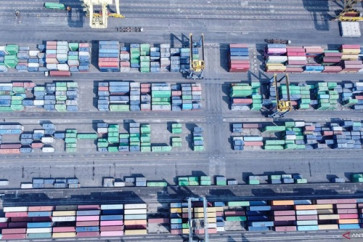ASEAN needs to call an RCEP leaders' summit
In today's rapidly shifting geo-economic landscape, ASEAN needs to take the lead by convening a leaders' summit of RCEP member countries to upgrade the agreement toward fully realizing its potential in upholding multilateralism via a collective front.
Change text size
Gift Premium Articles
to Anyone
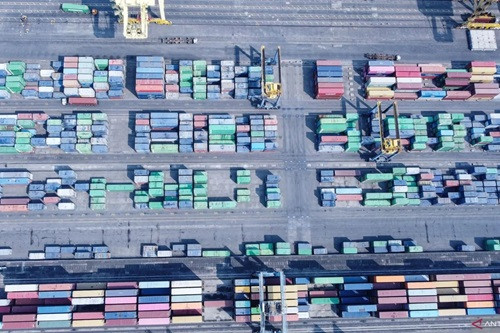 Rows of stacked containers wait to be transported on May 22, 2024, at Tanjung Perak Port in Semarang, Central Java. (Antara/Makna Zaezar)
Rows of stacked containers wait to be transported on May 22, 2024, at Tanjung Perak Port in Semarang, Central Java. (Antara/Makna Zaezar)
D
uring the 46th ASEAN Summit early last week, the region’s leaders issued a statement responding to global economic and trade uncertainties that stressed their commitment to stand together to advance regional economic integration and to support a rules-based multilateral trading system.
One powerful platform that ASEAN can utilize to implement this commitment is the Regional Comprehensive Economic Partnership (RCEP). Therefore, ASEAN should call the leaders of RCEP members to meet during the 47th ASEAN Summit and Related Meetings in October.
Signed in 2020 and entered into force in 2022, the RCEP is the world’s largest free trade agreement, covering 15 countries and 30 percent of global gross domestic product. Yet its potential has not been fully realized. Given the current uncertainty, the RCEP can play a role not only to eliminate trade barriers, but also to serve as a strategic platform in responding to the United States’ unilateral policy and to limit the negative effects of geopolitical rivalry in the region.
Holding an RCEP leaders’ summit would serve as a powerful political signal of the region’s commitment to upholding multilateralism and readiness for a collective response to the current geo-economic situation.
The last such summit took place in 2019, before the agreement was even finalized. A six-year gap, especially in such turbulent times, is no longer acceptable.
Protectionism is on the rise, whether it is the reimposition of tariffs by the US or the increasing securitization of economic policy by others. In this context, the ability of RCEP countries to convene and to articulate a shared commitment to openness would be a counterbalance to these inward-looking trends.
While ASEAN took a collective stance on the ongoing global dynamics by issuing a joint statement on April 10, 2024, this needs to be elaborated and implemented. Its collective response would also carry more weight if done by Asia-Pacific countries. And this should not only be done at the technical or ministerial level, but needs the total support of top political leaders.




